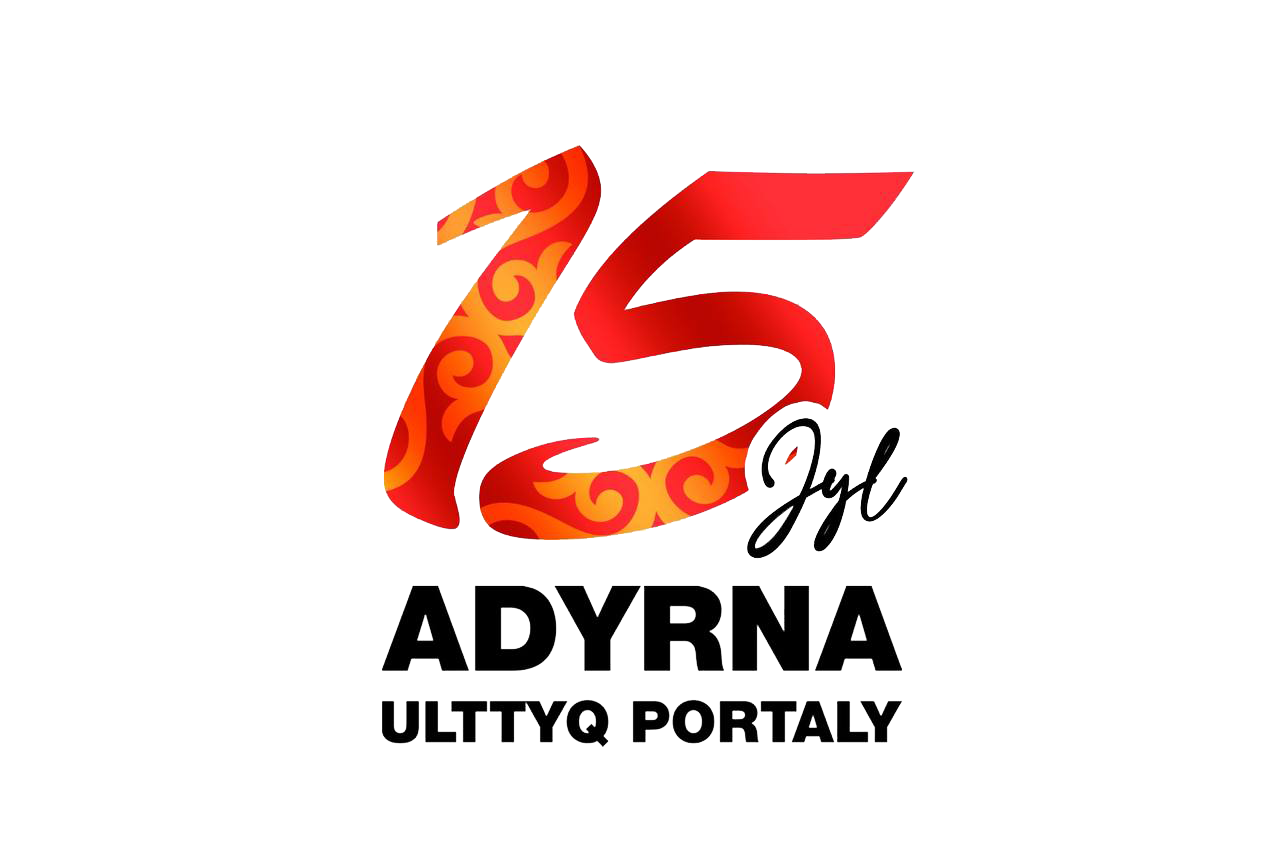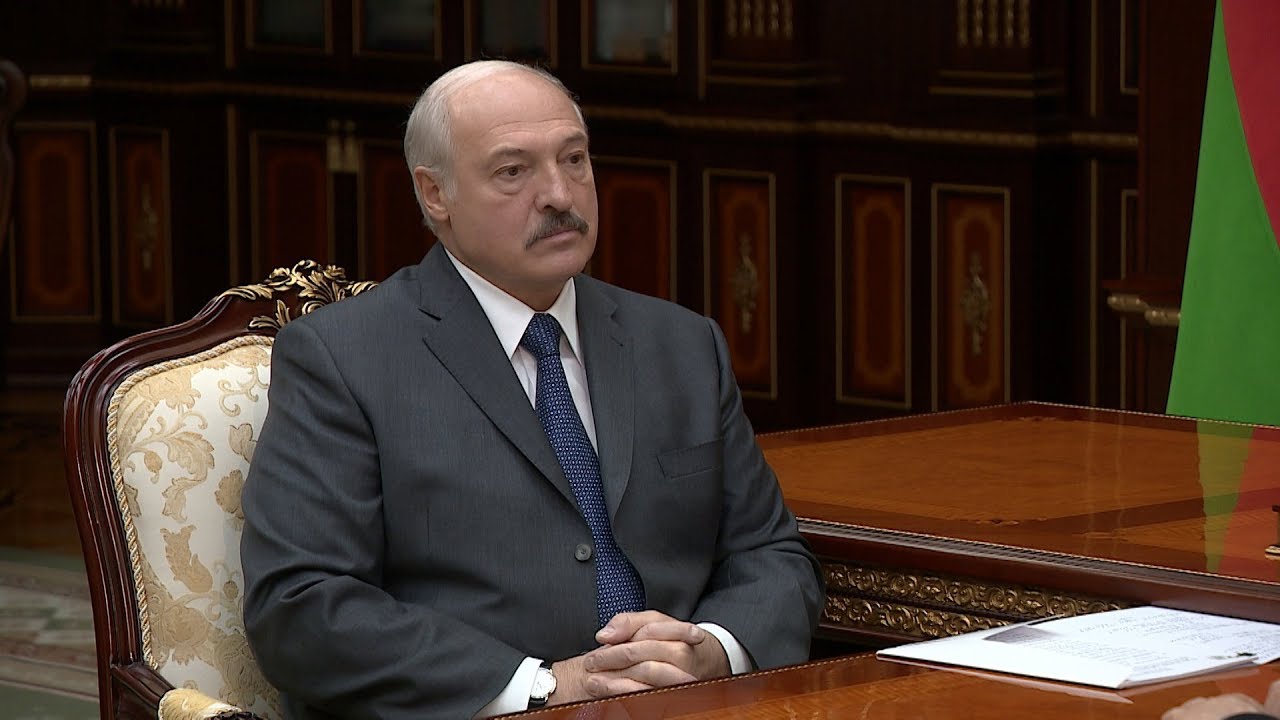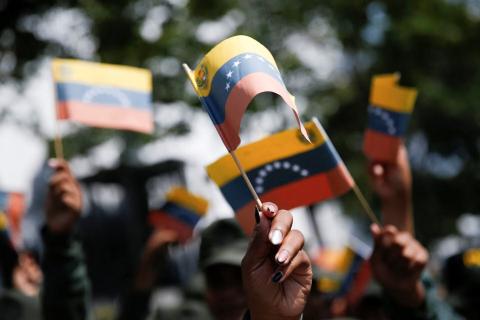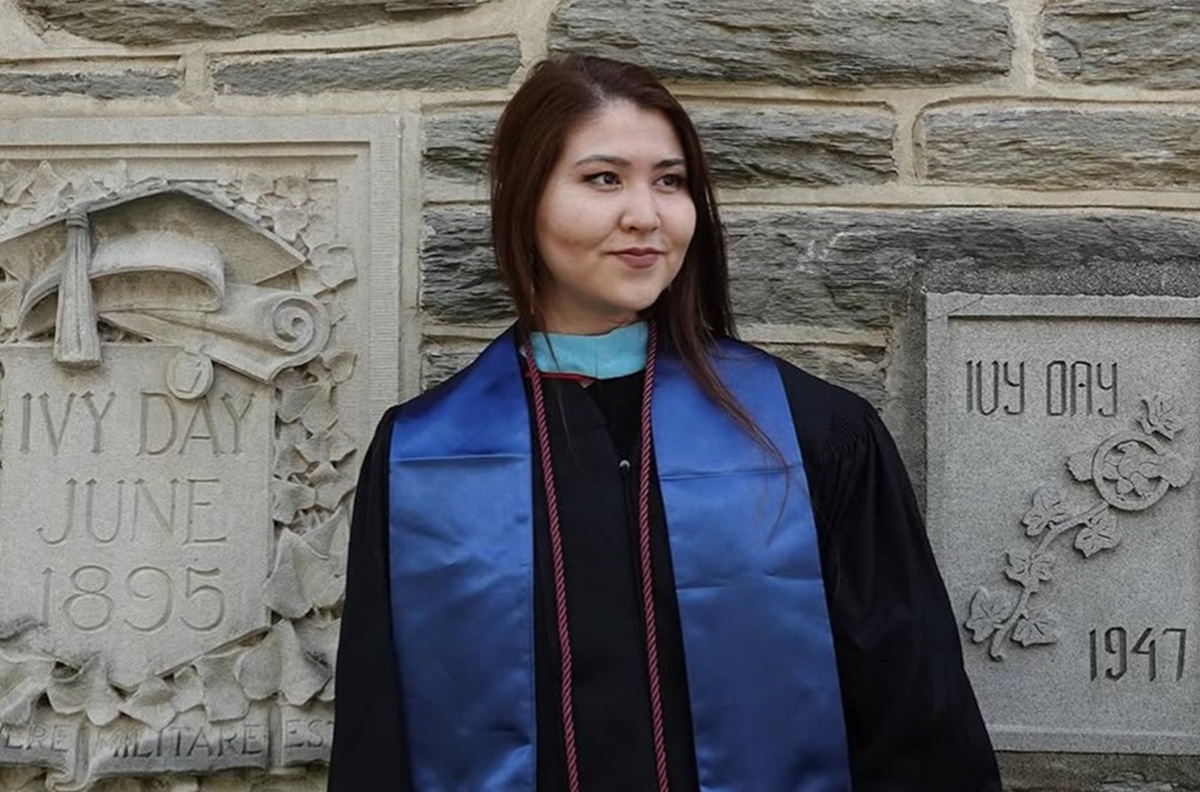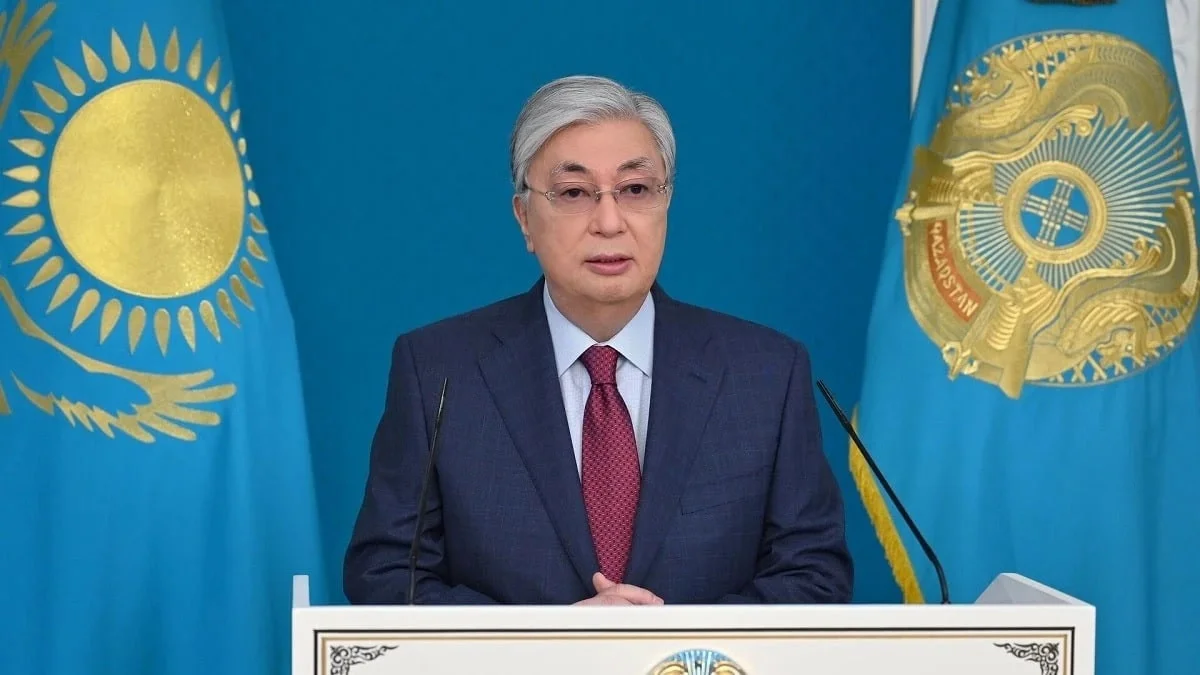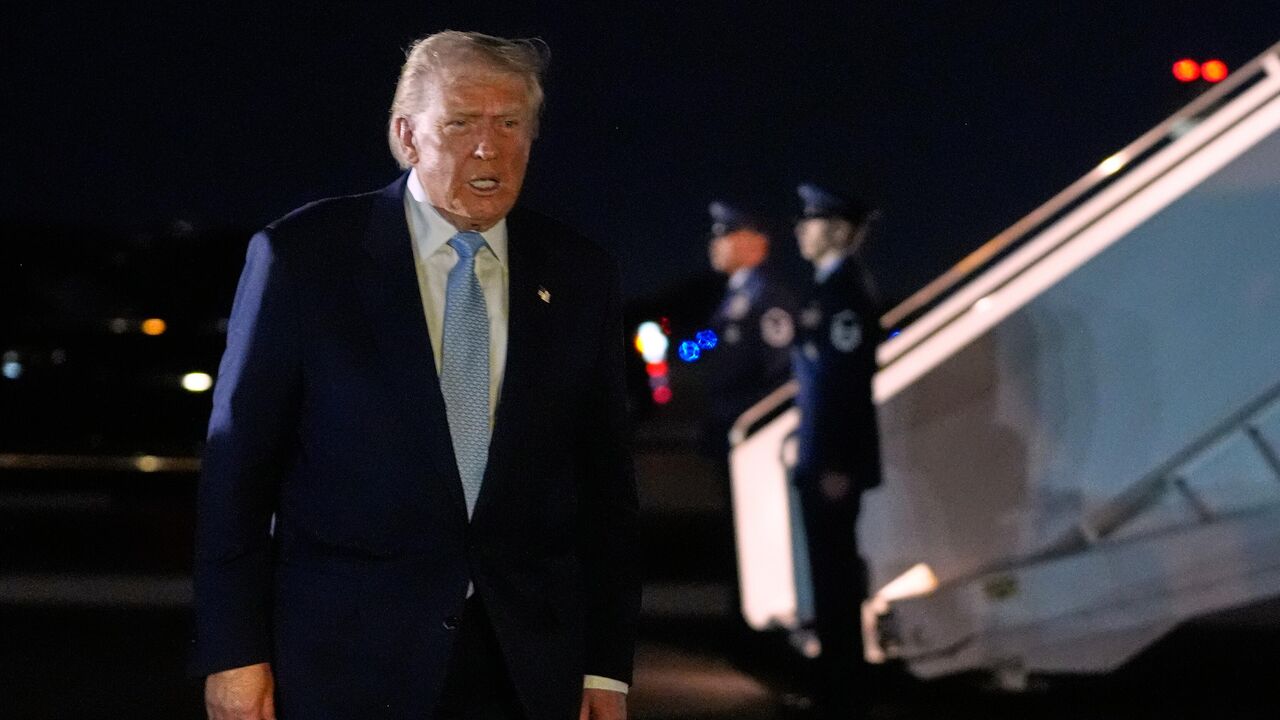The President of Kazakhstan Qassym-Jomart Toqayev approved Kazakhstan’s
new Foreign Policy Concept in March 2020, which is based on the principles of
multi-vectorism, pragmatism, and proactivity. This aims to help Kazakhstan develop
friendly, equal, and mutually beneficial relations with all states while also
participating in interstate organizations and international organizations of practical
interest to Kazakhstan.
Since its independence from the former Soviet Union, Kazakhstan has
employed a policy of multi-vector diplomacy, involving interactions with a variety
of countries. Multivectorism was a necessary strategy in its early years, but it has
evolved to empower Kazakhstan to effectively protect its independence and
negotiate its relationship with the great powers on its borders and further afield.
The multi-vector foreign policy, which is described as “a foreign policy
evolving within a framework based on a pragmatic, non-ideological foundation,”
has been pursued by Kazakhstan. The first President of Kazakhstan Nursultan
Nazarbayev stated that a multi-vector foreign policy entails the development of
friendly and predictable relations with all governments that play a significant role in
international affairs and are of real practical relevance to the country when
describing the objectives of the strategy.
Kazakhstan has pursued a multi-vector approach, focusing on maintaining
partnerships with Russia, the European Union, China, the USA and other nations, as
well as prioritizing economic relations. As a result, international community found
that Kazakhstan’s multi-vector foreign policy is effective in safeguarding the
country’s autonomy and attaining its objectives.
The experience of Kazakhstan poses a theoretical question. Kazakhstan is a
state with moderate regional influence and moderate international recognition. It has
managed to maintain good relationships with its neighboring Great Powers such as
China and Russia.
We witness comparable behavior from the EU and the US. The EU is
Kazakhstan’s largest foreign investor and economic partner, and the government
sees the EU as a key partner in the country’s multifaceted foreign policy. Energy resources are Kazakhstan’s main export to Europe, and the country has an Enhanced
Partnership and Cooperation Agreement with the EU.
Kenneth N. Waltz American political scientist and educator views power and
state conduct in a way that the classical realists do not. The absence of central
authority, is for K. Waltz the ordering principle of the international system. Power
was both a means and an objective for Morgenthau, and rational state behavior was
just the course of action that would accrue the maximum power. Neorealists, on the
other hand, believe that each state's first concern is its security, and so focus on
power distribution. Methodological rigor and scientific self-concept also distinguish
neorealism from classical realism (Guzinni 1998). Waltz insists on empirical
testability of knowledge and falsificationism as a methodological ideal, which, as he
admits, can only be applied to international relations in a restricted way.
Realism is a logical place to start when trying to understand multivectorism, as
it involves the involvement of great powers. The balance of power theory argues that
states form alliances to protect themselves from the potential dominance of another
state.
The development of liberalism leads to the belief that through better
communication, institutions, and interdependence, a more peaceful world could be
achieved. A lot of the misunderstandings of liberalism come from the way it is being
used today. For example, the idea of human rights is closely tied to liberalism. From
the history we know, that there were times in the past when Kazakh society was
enjoying liberalism as the word ‘kazakh’ commonly means “liberal”, “free” and
“independent”. Liberalism is skeptical of authority based on tradition and instead
favors authority that is justified by reason and/or contract. It opposes despotism and
later totalitarianism as forms of government in which the private and public spaces
are merged, and it supports the separation of the private from the public space.
Liberalism is against the concentration of power, and it favors a separation of powers
– executive, judiciary, and legislative.
Hedley Bull, Australian scholar believes that an international society exists
when a group of states come to recognize a shared set of interests and values and
agree to abide by common rules in their dealings with one another. In this theoretical
framework, “integration” means the ability of states to recognize and abide by
common rules of interaction, as well as share common responsibilities for the
functioning of the institutions they build together.
There has been agreement among English School thinkers that an international
system represents a weak form of an international society. For example, ES
researchers attempted to demonstrate the validity difference between system and
society, pointing out the difference between the international system with a low
degree between state interaction (a weak form of internationalsociety) and the
international system in which interstate interaction reaches a significant degree
(strong form of international community). Moreover, international scholars have
used the terms ‘thin’ and ‘thick’ to express the difference between a ‘weak’ and a
‘strong’ form of international society.
When charting international relations theories against individualist/holist and
materialist/idealist axes, Alexander Wendt placed constructivism and the English
School in the same holist/idealist quadrant, subsuming all theories in this quadrant
under the generic term of ‘Constructivism.’
The Frankfurt theorists argued that social theory was insufficient to explain the
turbulence of political factionalism and reactionary politics that characterized liberal
capitalist democracies in the twentieth century. Critical of both capitalism and
Marxism–Leninism as conceptually rigid forms of social organization, the School’s
critical theory study revealed alternate paths to achieving a society’s and nation’s
social growth. Their focus on the critical component of social theory stemmed from
their attempts to overcome the ideological limitations of positivism, materialism,
and determinism by returning to Kant’s and his successors’ critical philosophy in
German idealism – particularly Hegel’s philosophy, which emphasized dialectic and
contradiction as intellectual properties inherent in human grasp of material reality.
Each actor’s security in a region interacts with the security of the others. Within
a region, there is typically a high level of security interdependence, but not between
areas, which is what distinguishes a region and makes regional. Because realism fails
to account for the myriad of mechanisms through which Kazakhstan and other small
powers can engage the Great Powers, due to its narrow focus on military power and
economic prosperity. At the same time realism is the most persuasive theory for
understanding the activities of Great Powers. It is critical in light of the rapidly
changing global geopolitical scenario, as well as the threat posed by our “friendly
partners” and their openly aggressive and hostile policies. It should be Kazakhstan’s
securitization issue in the toxic and wild environment, both geopolitically and
regarding climate matter as in accordance to the constructivism the world
surrounding us depends on our perception. Here, it will be relevant to mention
Aron’s hypothesis that “the states would still require traditional nuclear forces”.
Central Asia is a sub/global, regional international society in the sense of the
English School theory of international relations, with a thin development of intra state relations ranging in location from imperial to independent on Watson's
spectrum, set within a broader context of a thicker global society that includes well-
integrated and functioning organizations such as the United Nations.
Simultaneously, it is critical to consider the current problems posed by many
philosophies, especially idealism. It is my firm belief that a complicated and
individual approach to each scenario leads to the resolution of a wide range of
challenges, and this concept is reflected in my master research work to indicate the
rapidly changing geopolitical landscape. In it is turn, the concept will have to be
closely connected with the constructivist politics that accounts on identity running
on ideology taking the notion of liberalism, but more than just it applying the way
in which states perceive other states to be based on materialism as realism which
recognizes materials base of reality. Even though, we need to be in consent with the
constructivist view that social reality is a product of human consciousness, which is
created and constituted through knowledge that forms meaning and also shapes the
categories understanding and action. Finally, constructivism provides with better
explanation for the social relationship structure with it is fundamental believe that
human beings are social beings, and we would not be human if not being made by
social relationships.
Multi-vectorism began as a necessity in Kazakhstan’s early years, but it has
since evolved to enable the country to effectively maintain its independence and
negotiate its relations with large countries on its borders and beyond.
Based on this, it’s important to take into account diplomatic activities in the
energy sector within the context of several theories in synthesis with the multi-vector policy.
Adilbek Ishanbekuly
Other materials
Adyrna.kz ұлттық порталының маңызды ақпараттарына жазылу
Соңғы жаңалықтар туралы хабардар болыңыз












